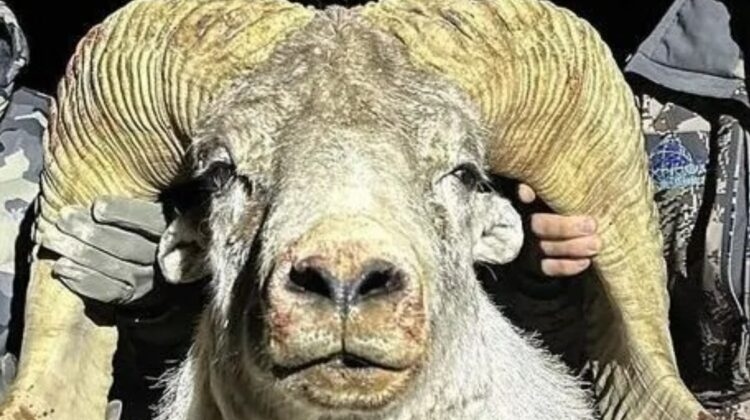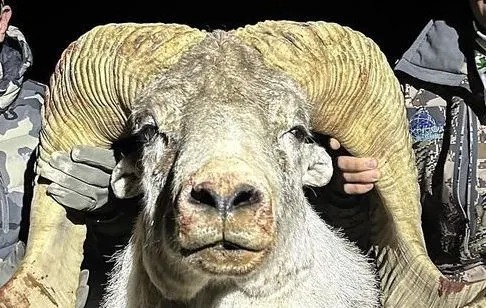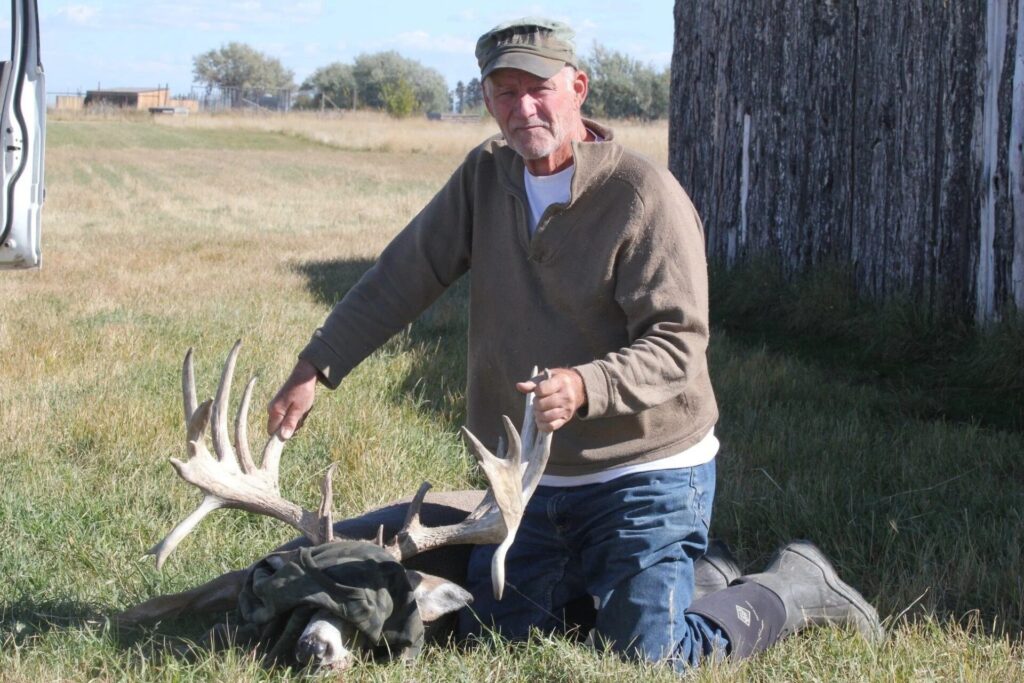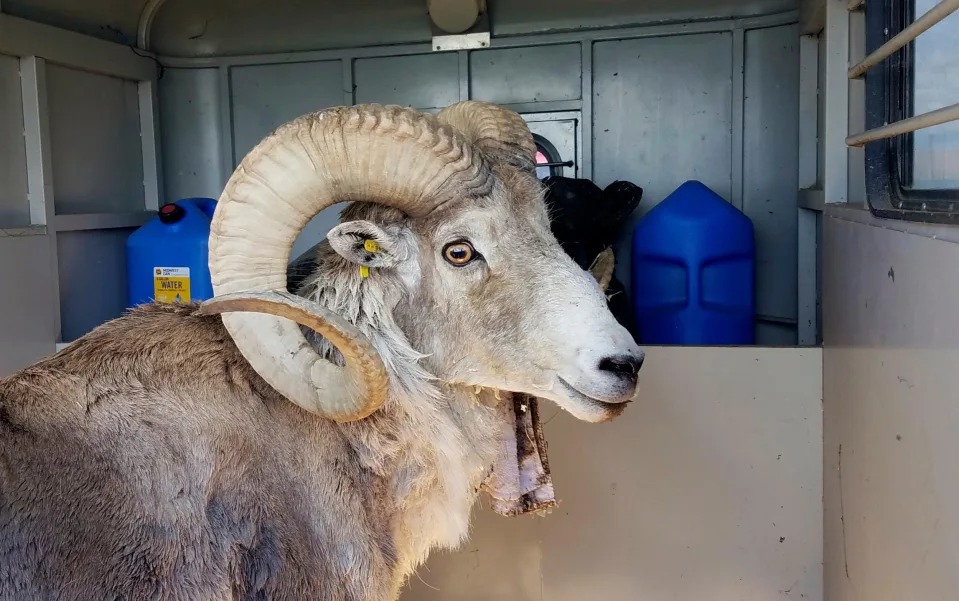
A Montana farmer finds himself entangled in a legal battle after being accused of breeding colossal mutant sheep and selling them to private hunting reserves for exorbitant sums. Arthur “Jack” Schubarth, an 80-year-old ranch owner from Vaughn, Montana, recently pleaded guilty to charges of wildlife trafficking and conspiracy to traffic wildlife at a court hearing in Great Falls.
Prosecutors allege that Schubarth engaged in illegal activities by utilizing genetic material from Marco Polo argali sheep, a species native to Central Asia, to breed hybrid sheep for commercial gain. Court documents reveal a clandestine operation spanning from 2013 to 2021, implicating Schubarth and at least five others in a scheme to create oversized hybrid sheep for shooting reserves, where enthusiasts pay to hunt captive trophy game animals.

Schubarth’s 215-acre ranch, specializing in the trade and breeding of “alternative livestock,” allegedly served as the hub for this illicit operation. Prosecutors assert that Schubarth imported tissue and testicles from Marco Polo argali sheep, the largest sheep species globally, to genetically engineer a hybrid sheep he dubbed the “Montana Mountain King” (MMK).
The Marco Polo argali sheep, renowned for their imposing size and impressive horn span, are protected species internationally. Their importation into Montana is prohibited to safeguard native sheep populations from disease and genetic hybridization. Despite these regulations, Schubarth purportedly obtained genetic material from Marco Polo specimens and used it to create cloned embryos, which were then implanted in ewes on his ranch.
The result? The birth of the Montana Mountain King, a pure genetic male Marco Polo hybrid, which Schubarth allegedly used to sire offspring through artificial insemination with various ewe species. The court heard allegations that Schubarth brokered deals to sell these hybrid animals for hefty sums, including one transaction amounting to $10,000.

To circumvent legal barriers, Schubarth and his associates allegedly falsified veterinary inspection certificates, misrepresenting the prohibited sheep as legally permitted species. Moreover, Schubarth purportedly sold semen from the Montana Mountain King to sheep breeders in other states, further perpetuating the unlawful enterprise.
Assistant Attorney General Todd Kim denounced Schubarth’s actions as an audacious scheme endangering wildlife populations and violating international and federal laws designed to protect endangered species. The Lacey Act, a cornerstone of wildlife protection legislation, prohibits the trade of wildlife obtained unlawfully.

Schubarth’s illegal activities didn’t stop with the Marco Polo argali sheep. Court documents also revealed his involvement in trafficking genetic material from Rocky Mountain bighorn sheep, another protected species native to North America.
The implications of Schubarth’s actions extend beyond legal ramifications. Ron Howell, head of state wildlife enforcement, expressed concerns that such crimes could jeopardize the integrity of Montana’s wildlife species.
As Schubarth awaits sentencing, scheduled for July 11, the repercussions of his actions serve as a stark reminder of the importance of preserving and safeguarding our natural ecosystems. The case underscores the need for stringent enforcement of wildlife protection laws to prevent exploitation and ensure the conservation of our planet’s diverse fauna.

Leave a Reply